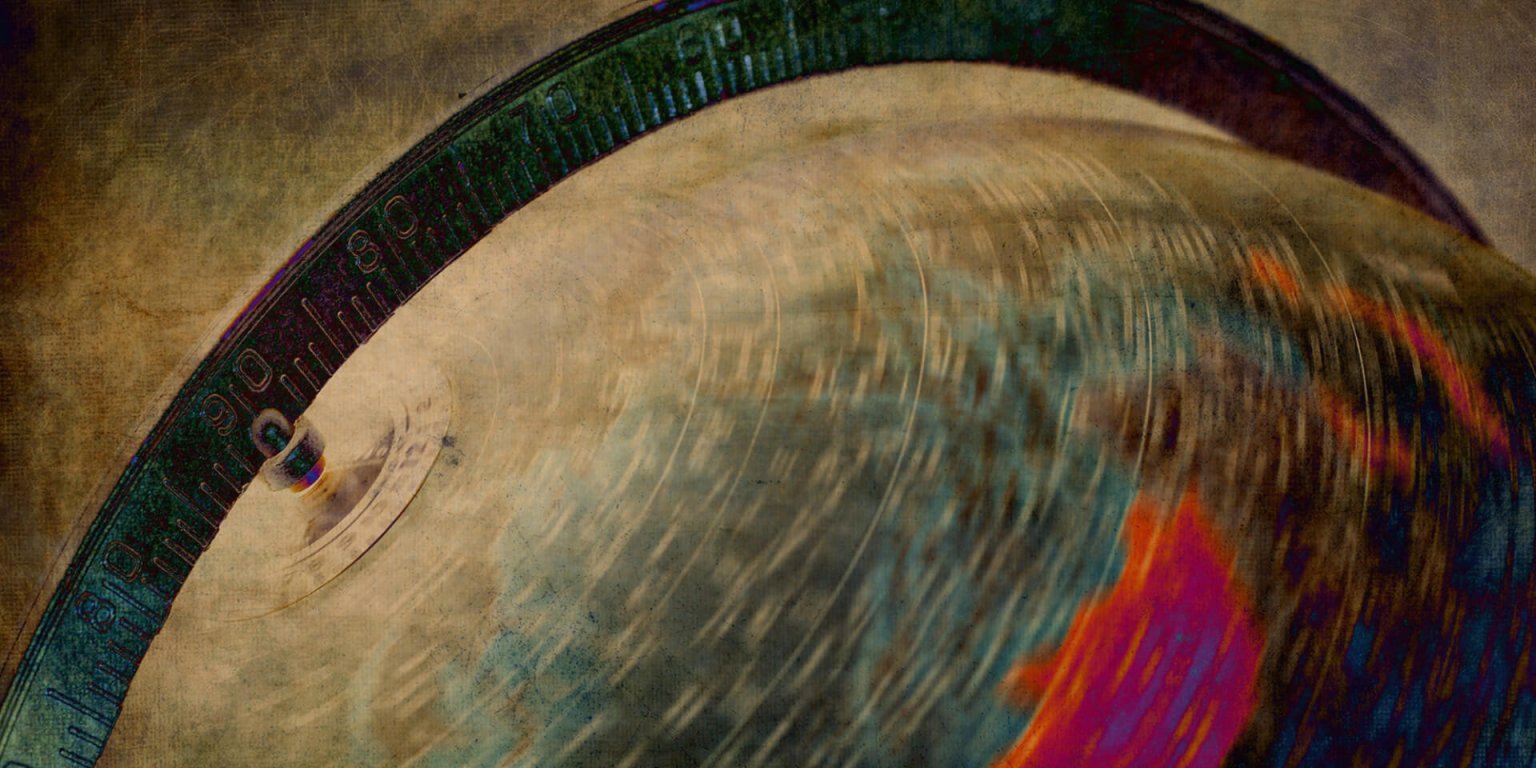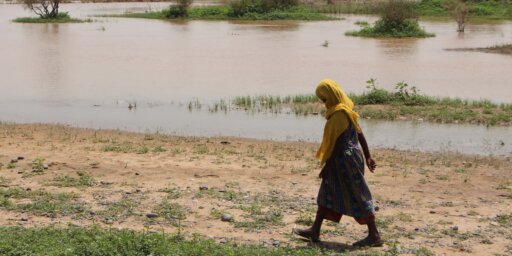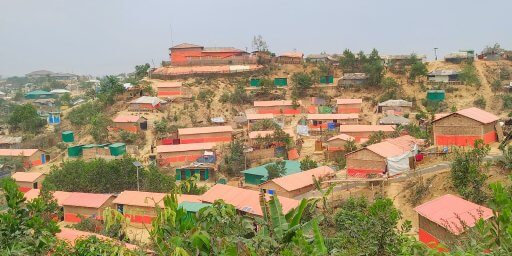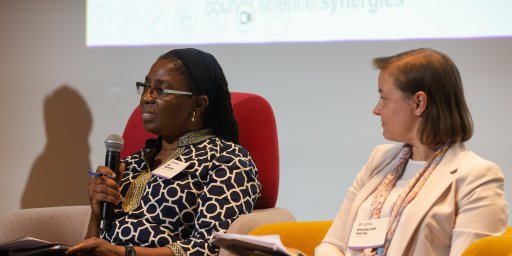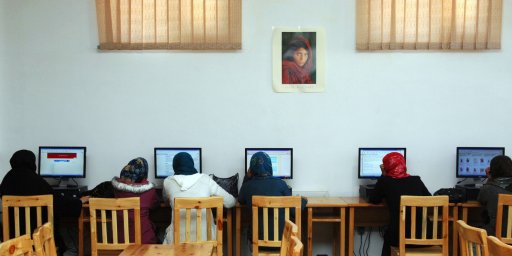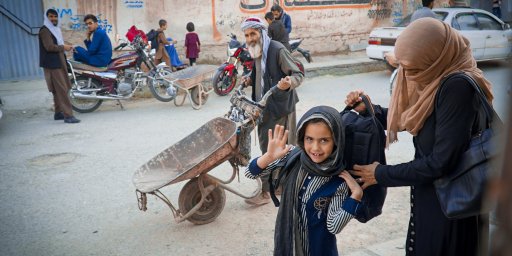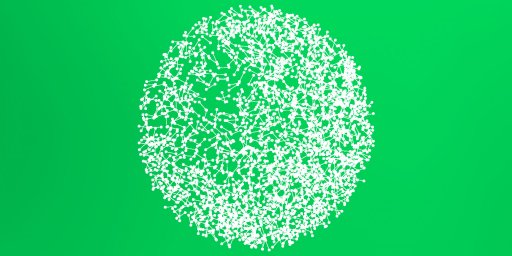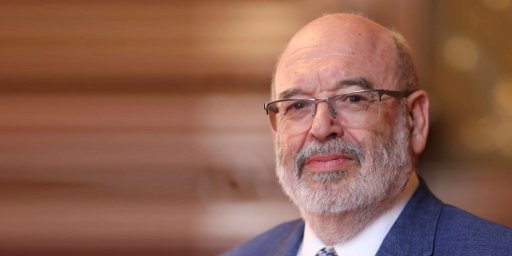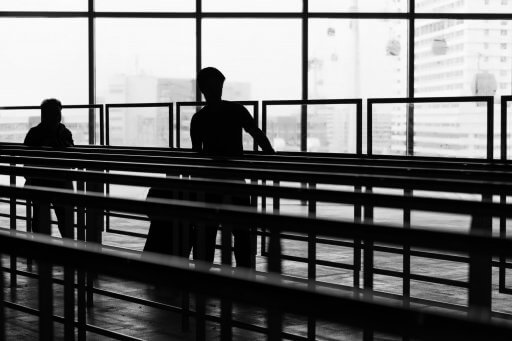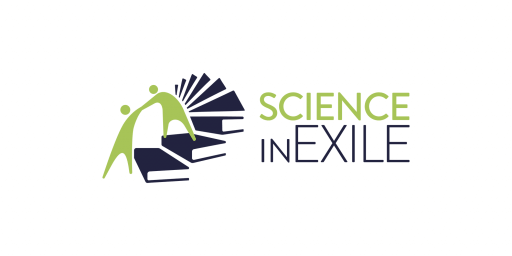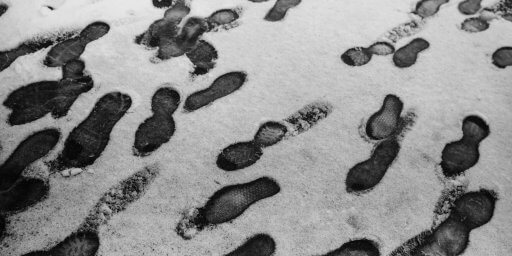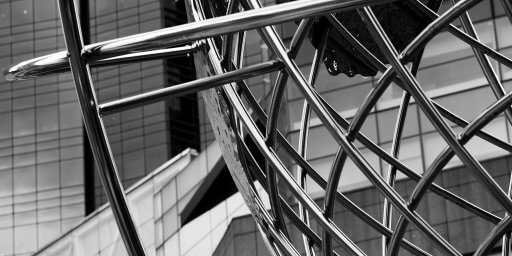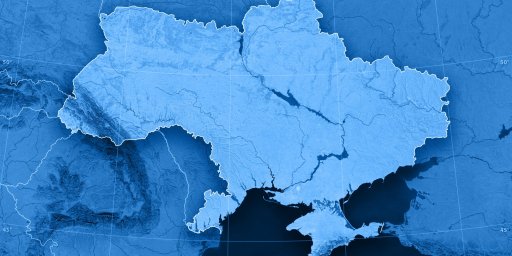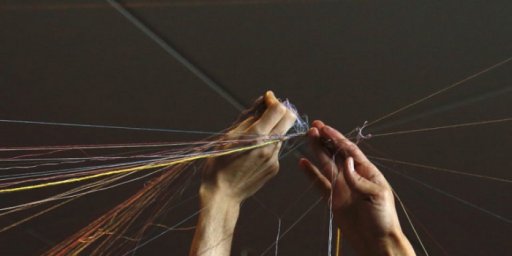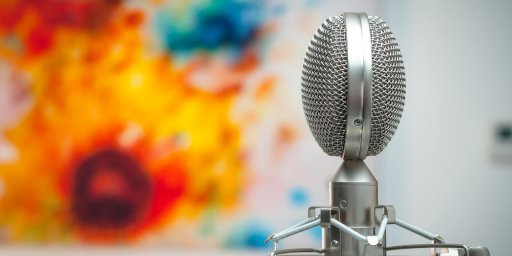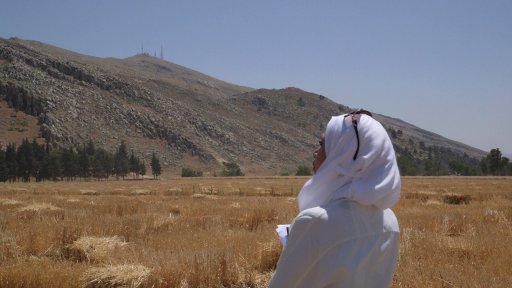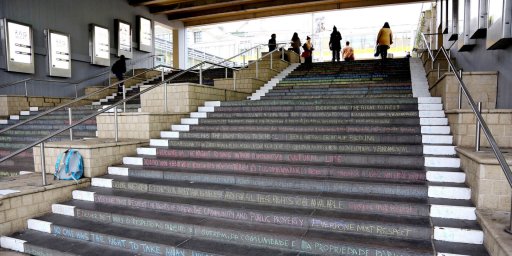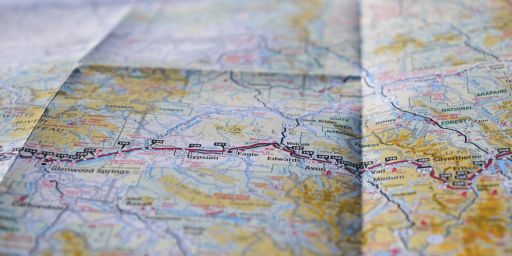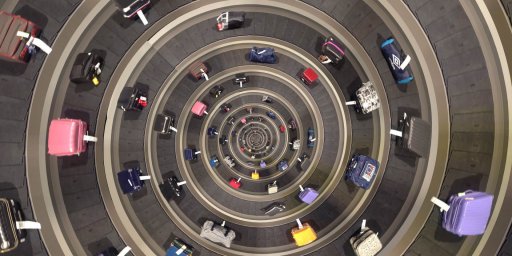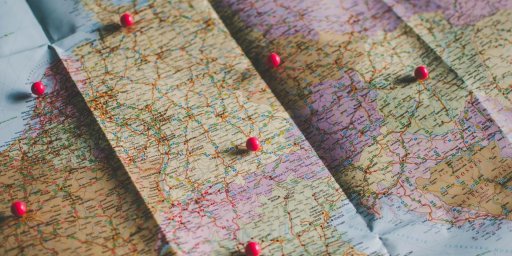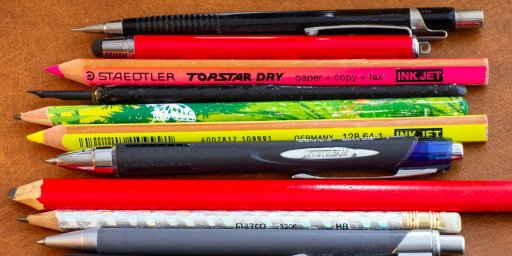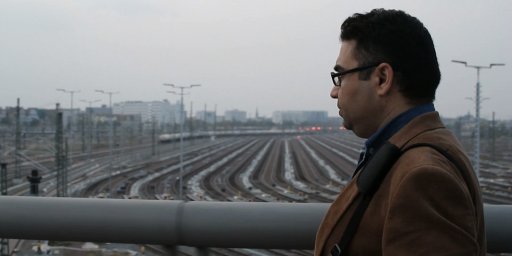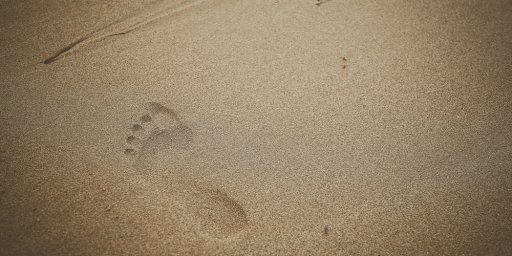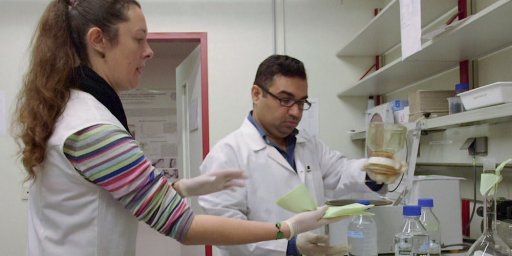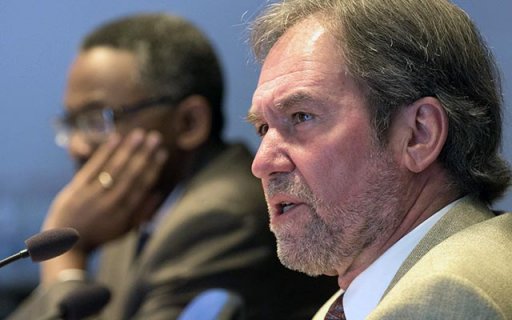ISC Presents: Science in Exile is a series of podcasts featuring interviews with refugee and displaced scientists who share their science, their stories of displacement and their hopes for the future.
This episode of Science in Exile features Eqbal Dauqan, a Yemeni biochemist whose research interests include therapeutic nutrition and the antioxidants in food. Eqbal was forced to halt her research work when war broke out in Yemen, and later left the country for Malaysia and then Norway in order to continue her work in safety. In this podcast she shares her dreams for the future and advice for early-career researchers affected by conflict, as well as for the organizations that seek to help them.
Transcript
Eqbal: My dream? The war stop in Yemen. This is my dream now. I don’t have anything else. Just — I dream to stop the war in Yemen and I want, after that, I want to visit my family because it’s six years until now I didn’t see my family. Then I will think how we can rebuild, because by science, we can rebuild our country.
Husam: I am your host Husam Ibrahim and this is the Science in Exile podcast. In this series, we get an insight into the lives of scientists who are in exile, and we discuss how the past, present and future of science can be preserved across borders. This podcast is a part of an ongoing refugee and displaced scientists initiative run by Science International, a joint project by The World Academy of Sciences, the InterAcademyPartnership and the International Science Council.
On today’s episode we have Eqbal Dauqan, a Yemeni scientist in the field of biochemistry and an Associate Professor at the University of Oslo in Norway. Eqbal got a scholarship to do her Ph.D. in biochemistry at the University of Kebansaan in Malaysia. After her studies she moved back to Yemen and was awarded several accolades: She was named one of the top female scientists in the developing world by the Elsevier Foundation and was given the SEMA Foundation Award for early career women scientists in a developing country.
Eqbal: When I returned to Yemen in 2013 after a scientific trip to take my PhD, and I returned to Yemen carrying many goals, or dreams, with me, and I hoped to achieve them in my country. To be among your family, among your colleagues, friends, neighbours: it’s really different. So I was really thinking that: ok, I will not leave Yemen again. So I decided to just achieve my goals and dreams in Yemen because really I want to do something for Yemen. When I started to, you know, achieve my goals in my city, I was so happy. When I started working in a university in city of Taizz, and this is my city, I began to achieve the first goal of – or I can say dream – of opening therapeutical and nutrition programme.
All the people in city or in Yemen was supporting me to just keep going on. So I was so happy from all of this encouragement. And I received this Elsevier Foundation Award. I organized the first nutrition exhibition in Yemen. It was a big, so many people visiting me in this exhibition, but unfortunately, it was the last my academic activity in my city or in Yemen. After one semester of opening this programme, the war began in Yemen, and the University was closed. The situation began to break down.
I have a big family. We all lived in same area and same city, but when the war started in 2015, my family was dispersed due to the displacement, because of continuing bombing in our area. Our house was destroyed and I lost nine members of my family from my father’s side. I lost my job. I lost also friends, colleagues and students, and the condition was very bad. No security, no work, no electricity, no internet, no oil, and even no clean drinking water. Yes, it was very bad.
I stayed at home for more than eight months without work and my research work stopped and because of no salaries in Yemen, the economic situation of my family was really so bad. Especially since we were living in a rental apartment after we fled our area and our own home bombed.
I decided to look for an opportunity to get out of Yemen and it was not easy at all. I need to continue my scientific research and also to help my family in Yemen. So I was lucky that I managed to go out from Yemen before Sanaya Airport closed and I was lucky that my former supervisor in Malaysia, she supported me to contact with Scholar Rescue Fund in US to support me and give me another opportunity to continue my academic career in Malaysia again.
Husam: Do you remember some of the thoughts that were going through your head as you were flying out of Yemen?
Eqbal: Yes, I remember what I was thinking very well. I was thinking that the war would be over soon, so I said to myself and to my family also I will back soon. Just wait for me, I will back soon. I was wrong because I didn’t see my family since I left Yemen in the end of 2015.
Husam: If you could go back now and say something to that version of yourself, what would it be?
Eqbal: Never give up.
Husam: You had already studied in Malaysia before the war, but did you have difficulty assimilating into the culture?
Eqbal: Yes, when I moved to Malaysia, I’m familiar with everything in Malaysia because I was there before, and Malaysia is a Muslim country. I think we have several same culture between Yemen and Malaysia. So I didn’t face any difficulties or challenges to continue or to stay in this host country, but when I moved to Norway, it’s really big difference between Yemen and Malaysia and Norway.
When I came here to Norway, I came with half of my project what I was working in Malaysia because I couldn’t finish it. So I told myself okay I will go to Norway, it’s best place, I will continue my project there and I will start new project, I will do it! Just I came with a lot of dreams and goals but you know, I was shocked when I came here, they have a different way to work. They have their own culture. They have different academic culture to work. So it takes from me, I think six months just to adapt. And I attended courses: how to work with Norwegian people, I studied their language, the Norwegian language. So yeah, it’s not easy. We have to work on ourselves. We have to accept the different, you know, tradition, different culture, different place we are moved to.
Husam: Refugee scientist, displaced scientist, scientist in exile – which status do you identify with, if any at all, and also how do you feel towards that status?
Eqbal: I can just say that I’m mixed of all of them. Because the war started. So I have to move to another place. Lost many things in my life and after few months, I should leave Yemen again because I have to do that. I have to continue my academic journey, I have to support my family and then a jumping from country to country from Malaysia to Norway, and inside or within Norway, from city to city. So – and I don’t know what I will do in future.
And if any organizations will help you to continue your academic journey in safe place, maximum they will give you 2 years. So even you have project you want to continue or complete, you can’t. So you are not stable, you have to move from country to country, from institute to institute, from place to place, or from city to city at the same country. And this is displacement, and I cannot back to Yemen because the bad situation in Yemen and because if I want to go even to visit my family, it’s not easy at all.
Husam: What was the scientific community like in Yemen before the war started?
Eqbal: The scientific situation in Yemen, in general before the war, lacked support from the competent authorities and there was a lack of many laboratory equipment and materials, but it was much better than the current situation.
At the beginning of the war, many scientific institutes were destroyed and some students and academics were killed in the war. The situation was dangerous. So many of them had to flee and migrate, either to other safer cities or to different countries around the world to be as the refugee scientist or science at risk or whatever.
Most of the scientific institutes stopped for a while, and when they reopened, they were no longer what they were before due to the lack of academic staff and the interruption of electricity and internet. Also, the number of the students was no longer the same as before.
Husam: Are you still in contact with any scientists who are still in Yemen?
Eqbal: Yes, I’m in contact with some researchers and academics in Yemen, and they are suffering from the difficulty of working in scientific research and also from the difficulty of life in Yemen because of the war and some of them wish to get a job opportunity outside Yemen and to support their family. But as we know it’s not easy to find this opportunity. I usually just advise them or some of them: please just keep trying and everything is possible.
Husam: Do you have any advice for initiatives that could help early-career researchers in places of conflict such as Yemen?
Eqbal: I just can say that they need someone to take care of them in this difficult situation. For example, some of them need to continue their academic study, because of the war, they stopped. And my sister, she was in the end of her master, but she couldn’t finish her master because of the war and there is a lot of PhD students – they cannot complete their study. And some of them were outside of Yemen, they have scholarship from the government, but because of the situation they couldn’t finish their study. So what I can say that they need to continue their academic study and some of them need to get a job opportunity to continue their scientific research in a safe place. And this is the most important point for them.
Husam: One of the main aims of the Science In Exile project is to preserve science, that means meeting different needs in different countries – what would you personally say are some of the things initiatives like Science In Exile could do to help preserve science in Yemen?
Eqbal: Organizations, they can support some institutes in Yemen to just start or reopen again their academic work. If there is scholar at risk or refugee scientist from Yemen – not just from in Yemen, outside Yemen, they need to continue their academic journey, and the organizations they can support, because with science we will rebuild our country in the soon future.
Husam: Thank you Dr Eqbal Dauqan for being on this episode, and sharing your story with Science International. This podcast is a part of an ongoing refugee and displaced scientists project called Science in Exile. It’s run by Science International, an initiative in which three global science organizations collaborate at the forefront of science policy. These are the International Science Council, The World Academy of Sciences and the InterAcademy Partnership.
For more information on the Science in Exile project please head over to: Council.Science/Scienceinexile
The information, opinions and recommendations presented by our guests do not necessarily reflect the values and the beliefs of science international.
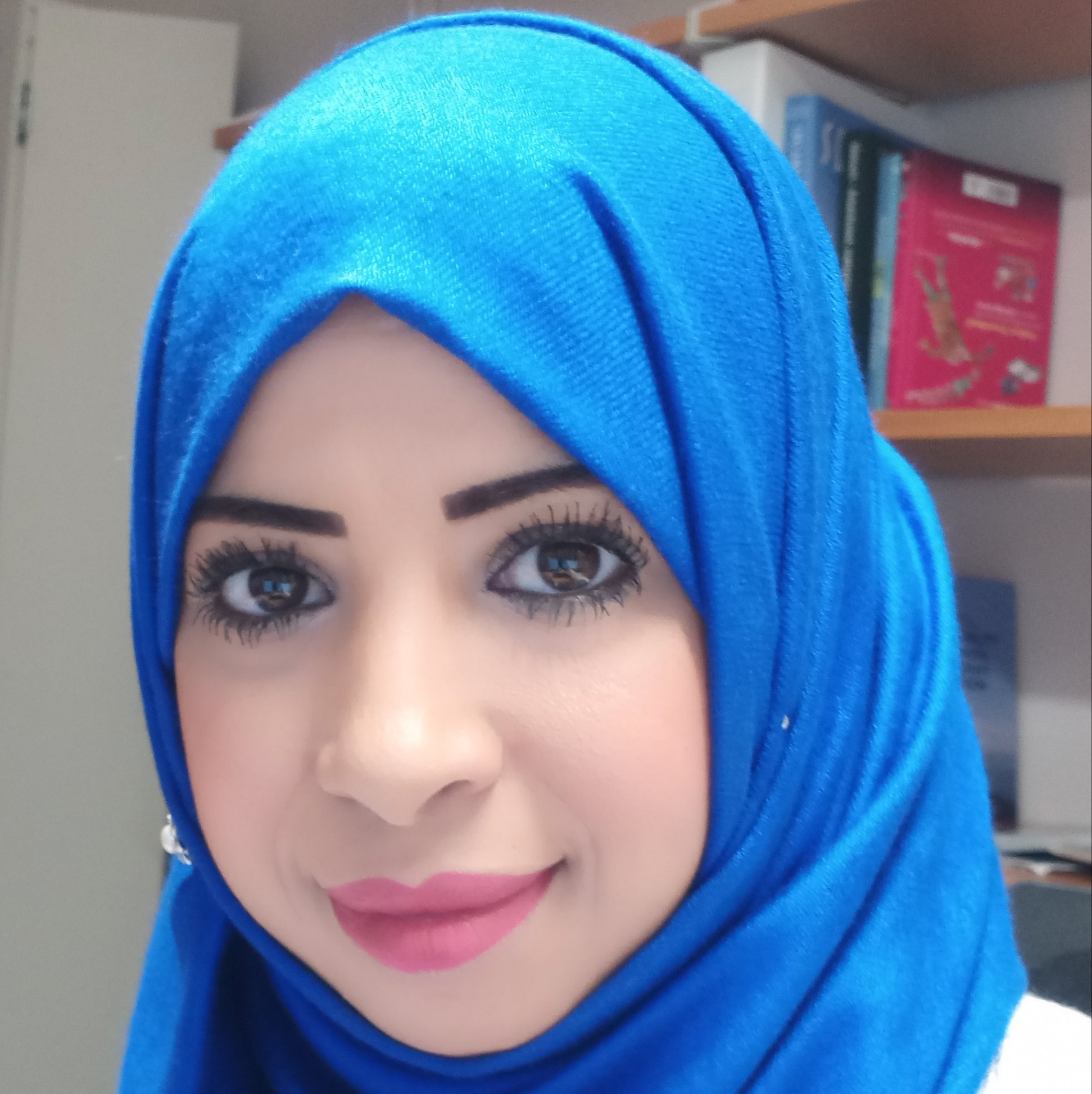
Eqbal Dauquan
Eqbal Dauqan is an associate professor in Biochemistry, she received her Ph.D in Biochemistry from Universiti Kebangsaan Malaysia (UKM), sponsored by the Organization for Women in Science for the Developing World (OWSD). Her main research interest is biochemistry, food antioxidants, and nutrition. In July 2013 she was appointed as Senior lecturer at Al-Saeed University, Taiz, Yemen, where she became Head of the Medical Laboratory Sciences Department at the same Faculty. In 2014 Eqbal established a new program entitled Therapeutic Nutrition Department in, Al-Saeed University (SU) and she selected to be the head of this department as well. She is the president of Yemeni Association for Science and Technology for Development- (OWSD national chapter) in Taiz city. She was selected as one of five winners of the 2014 Elsevier Foundation Award for Early Career Women Scientists in the developing countries (Chemical Sciences).
After the war in Yemen, Eqbal was selected to be a visiting scholar in UKM, Malaysia sponsored by IIE_SRF (USA) from Feb 2016 to Feb 2018. She was appointed as an associate professor at University of Agder (UiA), Kristiansand, Norway, through the Scholar at Risk (SAR) Network, USA. In September 2018, she was selected as TWAS Young Affiliate for 2018-2022, and in May 2019 as a member of Global Young Academy (GYA) for 5 Years. In November 2019, she won the UiA bridge cultural builder award for 2019 as a great ambassador for UiA. Currently, she is working in University of Oslo (UiO), Norway, through SAR. In August 2021 Eqbal was appointed as a co-chair of the Science in Exile Task Team “Supporting at-risk, displaced, and refugee scientists”.
Disclaimer
The information, opinions and recommendations presented by our guests are those of the individual contributors, and do not necessarily reflect the values and beliefs of Science International, an initiative bringing together top-level representatives of three international science organizations: the International Science Council (ISC,) the InterAcademy Partnership (IAP), and The World Academy of Sciences (UNESCO-TWAS).
Photo: gfpeck via Flickr.
